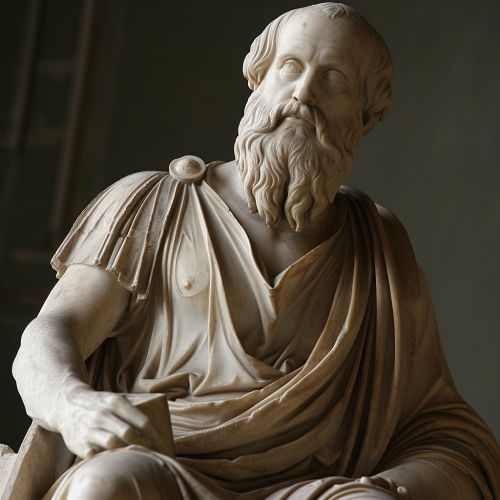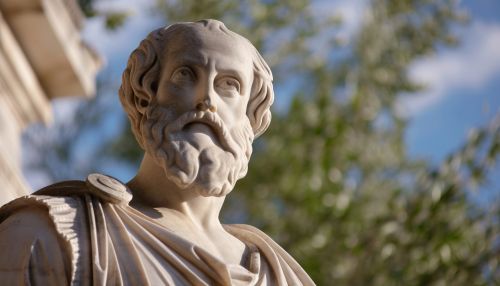Multiplicity (philosophy)
Introduction
Multiplicity in philosophy refers to the concept that reality or existence is not singular but rather composed of many different elements or aspects. This idea has been explored and developed in various philosophical traditions, including Platonist, existentialist, and post-structuralist philosophies.
Platonism and Multiplicity
In Platonism, multiplicity is seen in the theory of Forms. According to Plato, the physical world we perceive is merely a shadow or reflection of the true reality, which is composed of perfect, eternal Forms. Each Form represents a different aspect of reality, and thus, the concept of multiplicity is inherent in this philosophical system.


Existentialism and Multiplicity
Existentialist philosophers such as Sartre and Nietzsche also explore the concept of multiplicity. In existentialism, the multiplicity of existence is seen in the individual's freedom to create their own meaning and purpose in life. Each individual's existence is unique and cannot be reduced to a single essence or nature.
Post-structuralism and Multiplicity
Post-structuralist philosophers like Derrida and Deleuze further develop the concept of multiplicity. In post-structuralism, multiplicity is seen in the rejection of fixed identities and the embrace of difference and diversity. The concept of multiplicity in post-structuralism is often associated with the idea of deconstruction, which involves the breaking down of traditional structures and categories to reveal the multiplicity of meanings and interpretations.
Conclusion
Multiplicity in philosophy is a complex and multifaceted concept that challenges traditional notions of singularity and unity. It offers a way of understanding reality that embraces diversity, difference, and complexity. Whether in the realm of Platonist Forms, existentialist individuality, or post-structuralist deconstruction, the concept of multiplicity provides a rich and nuanced perspective on the nature of existence.
